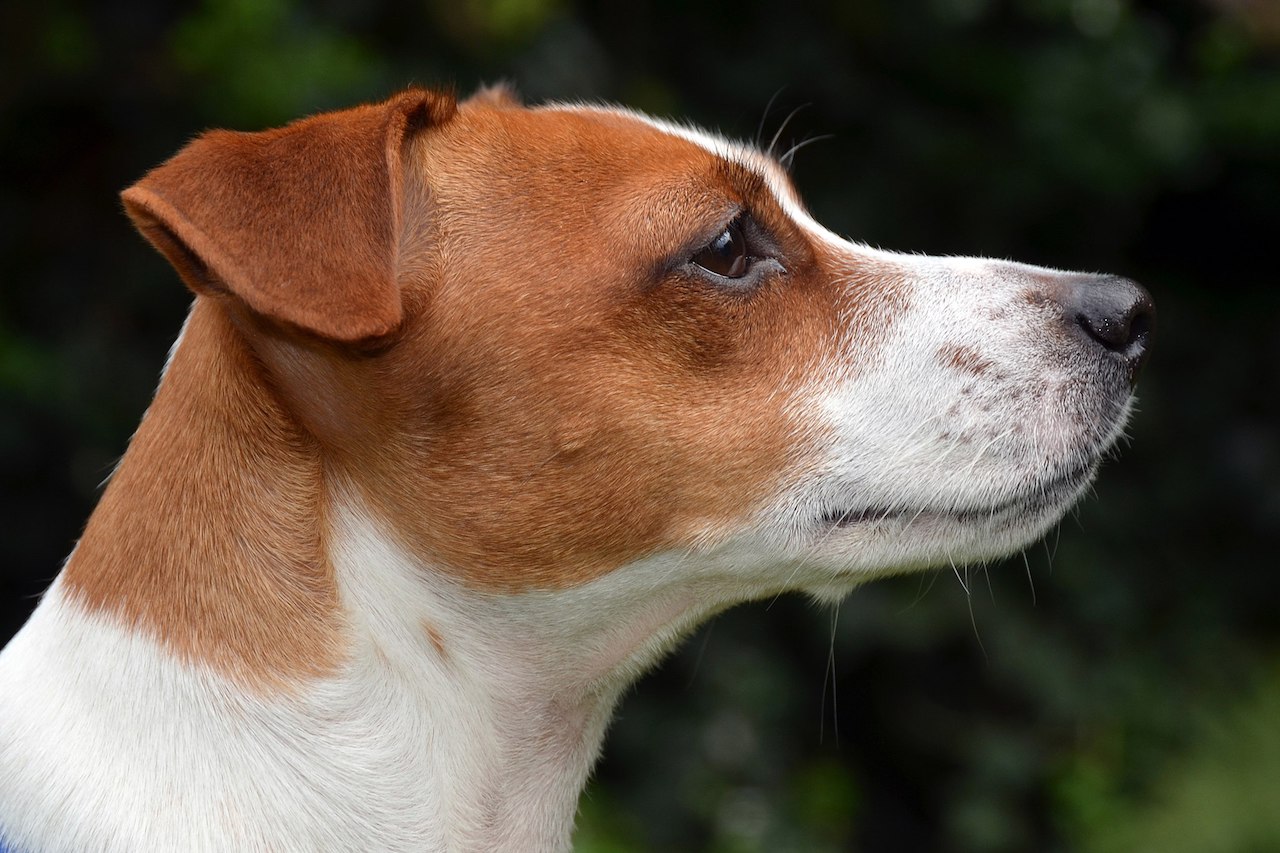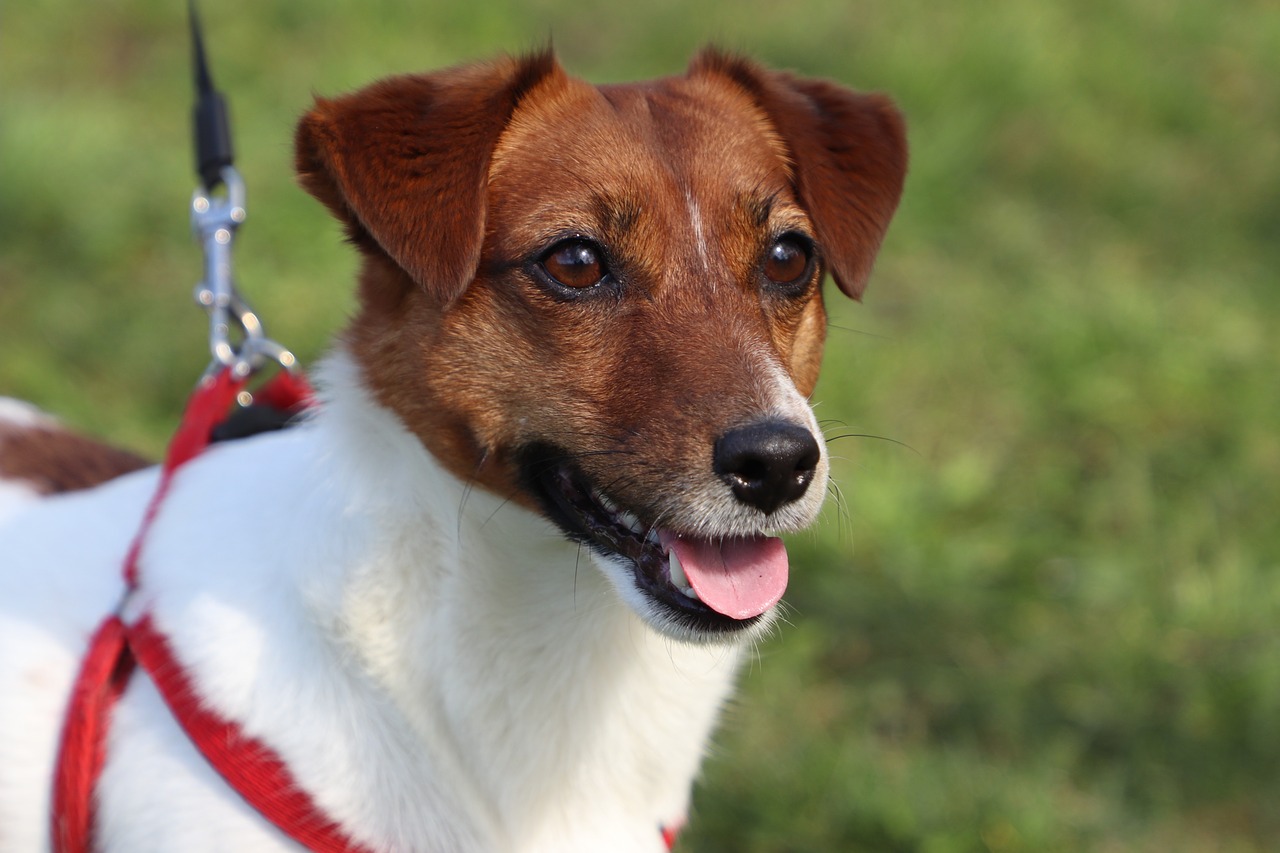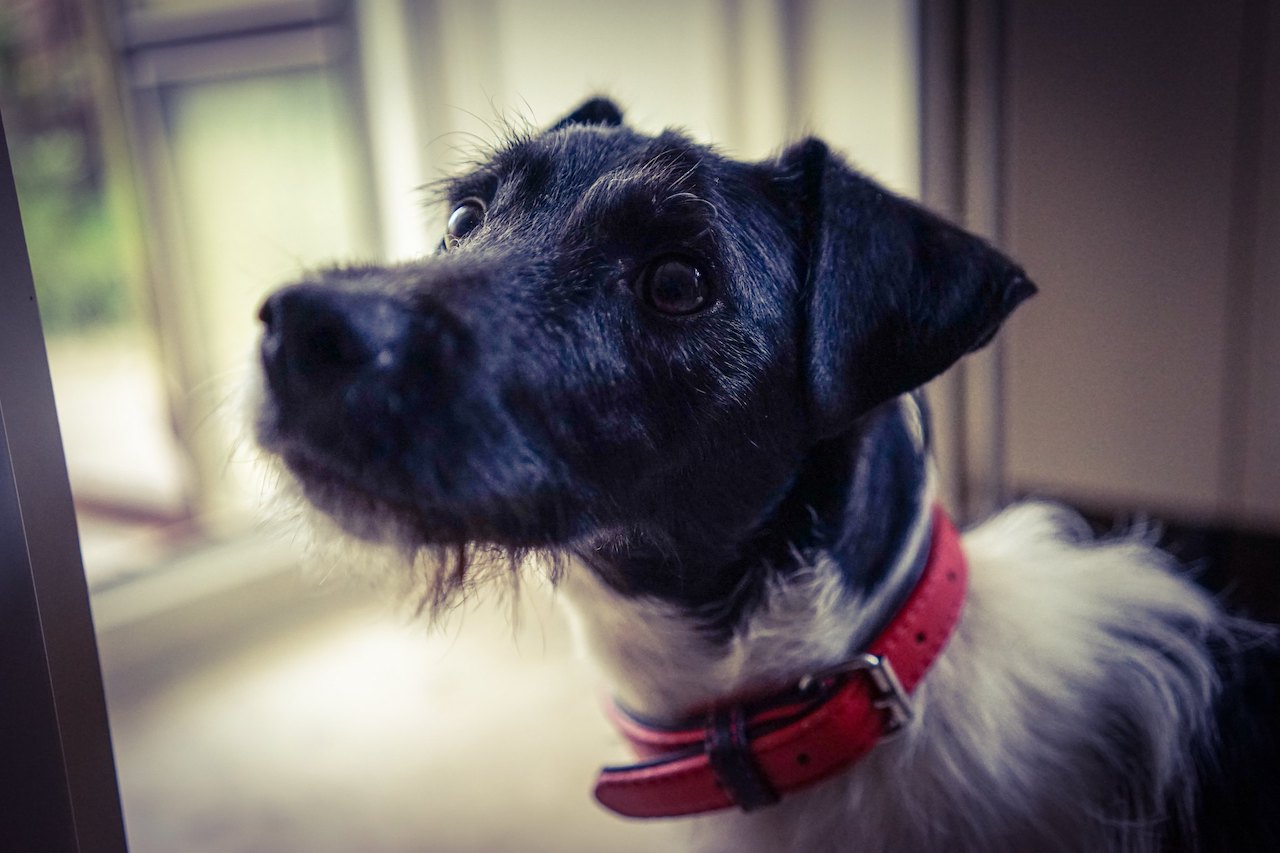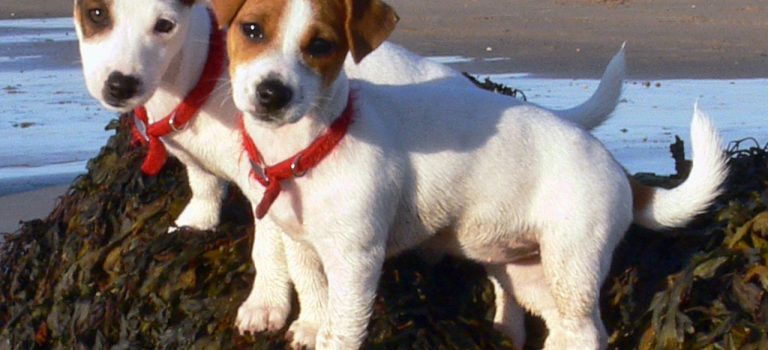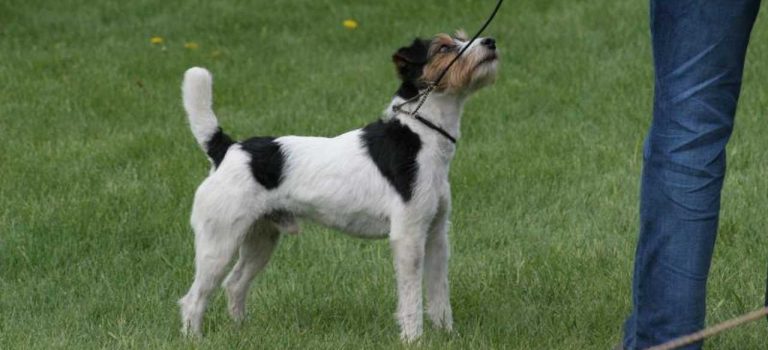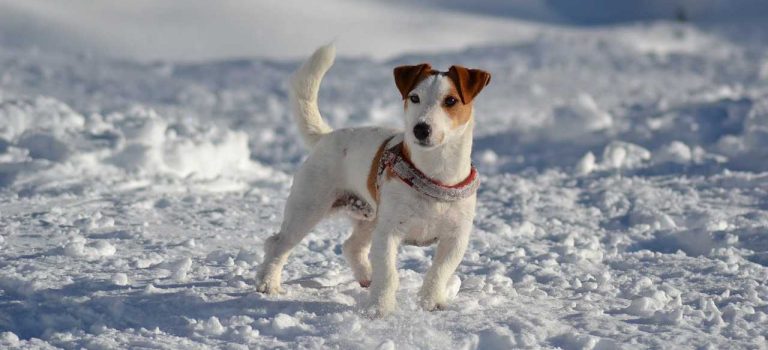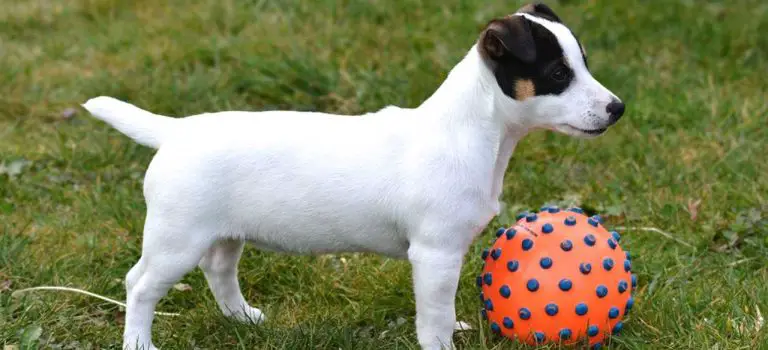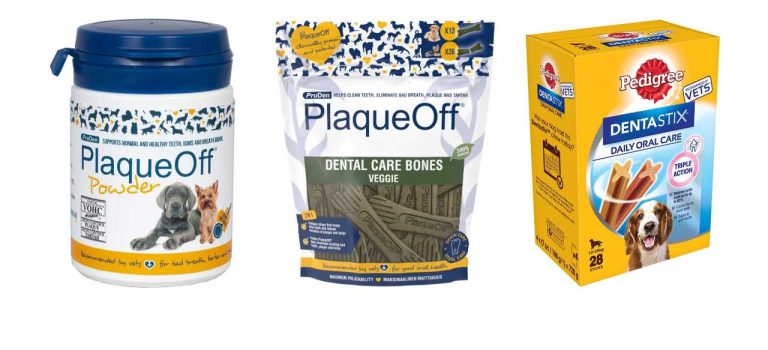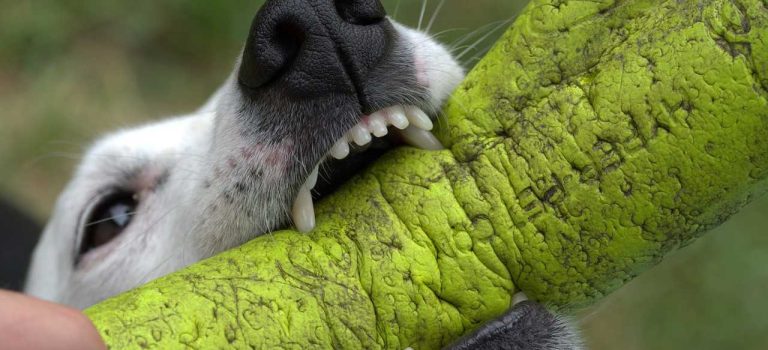Sometimes, Jack Russell’s get a bad press; they are described as unpredictable and snappy. Yes, like any dog, they can be. The secret is the training – and not just of the dog either. If it is important that your Jack Russell is good with kids, then well trained children are required too.
The Rescue Jack Russell
Any reputable rescue organisation will not rehome a Jack Russell to a family with young children unless they are confident about the dog’s background and are happy with how your children interact with the dog on visits to the centre.
When rehoming any dog, it is important that the dog goes to the right home and you, as responsible parents, want the right dog for your family.
Many, but not all dogs who end up in rescue do so because of the failings of the people where they came from who didn’t put the groundwork in with consistent socialisation and training. Even when there is another reason why the Jack Russell finds itself in rescue kennels, they are one of the breeds that rescue centres don’t like rehoming to families with young children.
The Jack Russell Puppy
Welcoming a Jack Russell puppy into your home when you have children gives you the fun and opportunity of training and socialising your Jack Russell yourself. When they are properly trained and brought up with children, they make fantastic family pets.
Jack Russell’s are intelligent, fun-loving dogs and they thrive on consistent, reward-based training. If you are new to Jack Russell’s, then your lively little pup would probably benefit from puppy socialisation classes with an accredited trainer.
Training Your Children
When training your puppy, consistency is key in getting it right, so your kids need to know the training you are doing and the reward system in place. It’s sensible to keep toddlers and teething puppies separate to avoid your terrier accidentally hurting your child when the pup is at the mouthy, chewy stage.
It is also essential to instil in the children that the Jack Russell is not a toy; they shouldn’t pull its tail, bash it with toys or do anything to the puppy that they would not like done to themself, so no kicking, smacking, teasing allowed.
When you ensure that the experiences your puppy has with your children are positive when they are most impressionable as young puppies, you are setting them up well to being good around all children.
From the beginning, have a set place where the Jack Russell eats and make sure that children in the home are kept away from that area or, if they are older, know to keep away from the dog when it is having meals.
Letting your kid/s join in with training is a great way to instil in them the importance of consistent and fair training. Jack Russell’s who are brought up with kids, make great family pets.
Kids Around Dogs
Even if your dog is not a Jack Russell or even if you don’t have a dog, you should teach your kids how to behave around dogs. Like puppies with children, your children should be positively rewarded for considerate interaction with dogs, which can start from around 18 months. If your child at any age acts inappropriately towards a dog, then you should stop them immediately remove them from the situation and explain to them calmly why you have removed them.
Teach your child to always ask if it is okay before approaching or touching a dog they don’t know.
Precautions of Jack Russell’s Around Kids
When you have a Jack Russell but don’t have kids, your terrier will not be used to the boisterous unpredictable behaviour of young children. A Jack Russell who feels threatened or who thinks someone is threatening you may well respond by growling or barking at a child who approaches them or comes into the home. Or worse still, even lunge or bite.
Generally, any dog aggression towards children is fear-based. Although, it can also be food-based. The Yellow Ribbon scheme is one way to help keep everyone safe. When you know your dog is not used to children or is fearful of them, putting a bright yellow ribbon on their lead or collar is a warning to parents and savvy children not to rush up to or pet your Jack Russell. Unfortunately, the scheme doesn’t get much publicity and you may need to warn parents and children as well to be careful.
Creating a positive experience around children when out with your Jack Russell is an extension of their training and is something that you should consider part of puppy socialisation. With rescue dogs, or when you have not been able to create the perfect environment when your dog was young, then giving them high value treats when they encounter children reinforces positivity.
In all instances, by taking a few precautions, you can keep everyone safe and happy:
- Any introductions of a dog and young children should be closely supervised by an adult
- Never leave babies, toddlers, young children or special needs older children alone with any dog
- If your Jack Russell shows signs of stress, calmly remove them from the situation and reassure them with praise so that they accept the encounter as positive
- Train your Jack Russell to follow verbal and sign commands
- If your Jack Russell has already shown signs of fear towards children, try and find a dog-savvy child to help you with positivity by them doing some obedience training with you and your dog
- If your Jack Russell has already shown signs of aggression towards children, then it is sensible to muzzle them when out where you might encounter children.
Having pets is enriching for children and there is no reason why a Jack Russell shouldn’t make a perfect family pet as long as both the dog and children are trained. Where your child’s safety and your dog’s welfare are concerned, it is essential to be proactive and put the training in place for a safe, happy, successful coexistence.
If you enjoyed this article you might also like to read about Jack Russell Adoption
